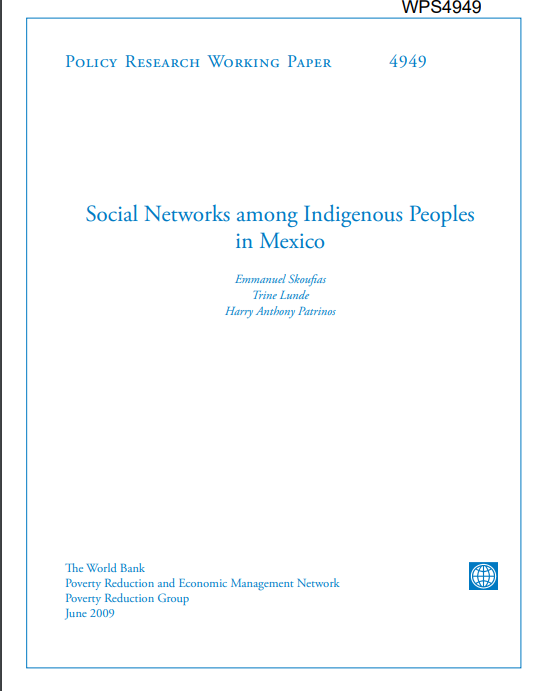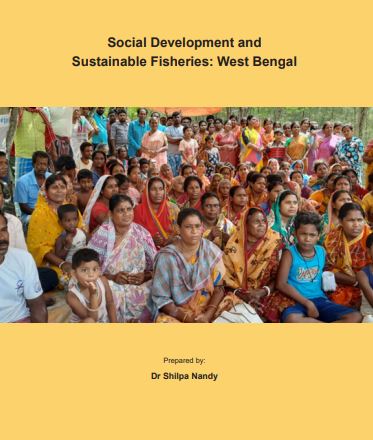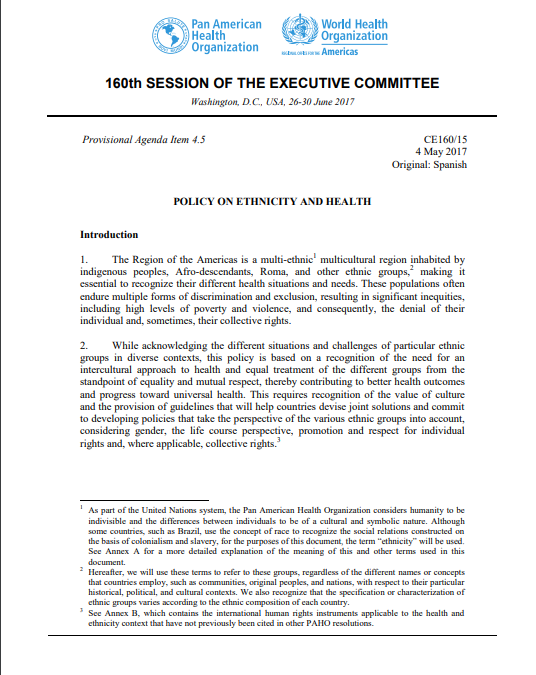Knowledge Hub
International Journal of Critical Indigenous Studies
2008
Publisher/Organisation: The Carumba Institute at QUT (Queensland University of Technology)
The International Journal of Critical Indigenous Studies disseminates scholarship across the Humanities, Social Sciences, Health Sciences, Law and Education in the field of Indigenous Studies.

Social Networks among Indigenous Peoples in Mexico
2009
Author(s): Skoufias E , Lunde T , Patrinos HA
This paper—a product of the Poverty Reduction Group, Poverty Reduction and Economic Management Network—is part of a larger effort in the network to analyze poverty and monitor and evaluate the effectiveness of poverty reduction programs.
Characterization of Indigenous Breeding Strategies of the Sheep Farming Communities of Ethiopia
2013
Author(s): Assefa G, Getachew, Rischkowsky
This working paper synthesizes and analyzes the characteristics of the indigenous sheep production and breeding strategies and practices of four sheep farming communities located in pastoral (Amibara), sub-alpine sheep-barley (Menz), perennial crop-livestock (Bonga), and cereal-livestock (Horro) production systems.
Cultural Survival advocates for Indigenous Peoples' rights and supports Indigenous communities’ self-determination, cultures and political resilience, since 1972.
Unequal Coverage of Nutrition and Health Interventions for Women and Children in Seven Countries
2022
Author(s): Nguyen PH, Singh N, Scott S
Co-coverage of health and nutrition interventions is far from optimal and disproportionately affects poor households in south Asia. Policy and programming efforts should pay attention to closing coverage, equity and opportunity gaps, and improving nutrition delivery through health-care and other delivery platforms.
Nature of Employment and Outcomes for Urban Labor: Evidence from the Latest Labor Force Surveys in India
2022
Author(s): Roy D, Saroj S, Pradhan M
The paper uniquely assess the extent of job turnovers for urban workers and falling into unemployment at high frequency based on TOE. Analysis of urban panel after accounting for unobserved worker level factors captures the extent of fall in income due to job switching and loss of employment. Results indicate significant potential for poverty if worker is not socially protected, engaged in distress entrepreneurship or as casual labor.

Fishing is one of the most dangerous occupations in India due to poor occupational safety and unhealthy working conditions. In both the marine and the inland sector, fishing communities have to work for long hours without proper infrastructure. Violence, exploitation, child labour, sexual abuse, discriminations of wages between male and female fish workers, forced labour and poor security at sea increase the vulnerability of these fishing communities, especially small-scale fishers. About 90 percent of this sector belongs to the category of small-scale fishing communities, mainly fishers, fish farmers and fish workers.

Policy on Ethnicity and Health
2017
Author(s): Pan American Health Organization
This policy is framed in the context of major global agreements and initiatives that recognize the need to guarantee respect for individual and, when applicable, collective rights and the health systems of traditional peoples, and to refocus health services by adopting an intercultural approach to advance with equity and social justice toward the enjoyment of the highest attainable standard of health and other human rights by indigenous peoples, Afro-descendants, Roma, and other ethnic groups.
‘Land Belongs To The Community’: Demystifying The ‘Global Land Grab’in Southern Sudan
2011
Author(s): Deng DK
This paper presents preliminary data concerning large-scale land acquisitions in two of the ‘Green Belt’ states of Southern Sudan: Central Equatoria and Western Equatoria. It explores the concept ‘land belongs to the community’; a statement communities have take up in their demand for greater involvement in decision-making regarding community lands.

This publication focuses on the present scope and trends of international policies and activities related to the protection and preservation of traditional knowledge. The publication is based on a series of educational events organized and conducted by LIENIP.



